|
Ridley Scott’s been directing through six decades, and each of those decades have yielded at least one movie that any filmmaker would be proud to have on their resume. Scott’s most recent critical hit, The Last Duel, brought a Rashomon twist to the kind of thrilling period epics that he’s had so much success with, though Robin Hood and Exodus: Gods and Kings speaks to a less than perfect track record. With Napoleon, the ingredients are there for another mark in the The Duellists or Kingdom of Heaven (director’s cut, of course) column, as opposed to less successful fare like 1492: Conquest of Paradise. Joaquin Phoenix playing perhaps the most impactful individual of the entire 19th century and reuniting with Scott 20 years after the role that earned Phoenix his first Oscar nomination sounds like a recipe for success, but the result is instead a failure of scope and focus that must be read as a satire for the film to work at all. Scott’s no Armando Ianucci, and Napoleon is a low point for the director’s career.
0 Comments
When Martin Scorsese makes a crime movie, he starts slowly, like in Casino or Wolf of Wall Street where the first crimes, like bookmaking and pump-and-dump penny stock schemes, have ill-defined victims, if they even exist. Conversely, in Goodfellas, it begins with a vicious murder immediately undercut by Sinatra and a warm childhood flashback. The knife thrusts are remembered, but they fade. In Killers of the Flower Moon, however, nothing fades. In depicting the murders visited upon the oil-rich Osage nation in the 1920’s, Scorsese gives the viewer nowhere to hide from the cruelty, betrayal, and savagery that defined those deeds. He can’t help but make an entertaining and propulsive film, even with material as dark as this, but he hasn’t made something this bleak and oppressive since Raging Bull. Scorsese’s previous film, The Irishman, felt like the final statement on mob movies. Killers of the Flower Moon shows that there are other, darker ways into organized crime, especially when the targets take center stage.
When a movie like Top Gun: Maverick or Spider-Man: No Way Home dominates the box office, it’s reassuring that good-to-great output gets rewarded but it’s not surprising. What is surprising is when a three hour period biopic, partly in black and white and heavy with technical dialogue, packs theaters for weeks while also managing to be one of the finest films of the 2020’s. Christopher Nolan’s best work hasn’t needed comic book or sci-fi trappings. His WWII nail-biter Dunkirk was his previous peak, but that’s now been supplanted by Oppenheimer, a dense and meaningful historical thriller that doubly serves as a coherent primer on the entire 20th century. For me, Nolan has never been a director who’s made something that works to this degree. It’s nice to finally understand what everyone’s been talking about.
Of 2023’s movies about corporations, Air and Flamin Hot were about victories that, however forward-thinking or innovative, are nonetheless about more dollars flowing into a publicly traded company. Huzzah? BlackBerry, on the other hand, is about a failure, about hubris and compromise and all the other timeless ingredients of tragedies. It therefore doesn’t leave the viewer with a sour taste as the epilogue brags about how much money Nike CEO Phil Knight donated to charity amidst all those unmentioned sweatshop scandals. Matt Johnson’s exceptional film, which he directs, co-writes, and co-stars in, is one of the year’s biggest surprises and a great Canadian achievement. Don’t worry about the World Cup flop or cheering a Nazi on your Parliament floor, hail the existence of BlackBerry!
Robert Eggers has made a distinctive name for himself after three period-set movies by submerging the audience in whatever bleak era of history he’s chosen to play in. This applies not only on the costuming/production design level, but in the minds of the characters themselves. Their fears and superstitions are ratified by the events of the film. Their vision of morality and cosmology is depicted without modern judgment. The viewer is a visitor to a world inhabited by humans but a version of humanity completely alien to contemporary values. Eggers has honed a form of time travel, and with The Northman, the illusion is all-encompassing. With a budget far greater than what Eggers had with The Witch and The Lighthouse, every dollar is onscreen in a grim fantasia that is thrilling in its bone-deep commitment to its premise.
Ridley Scott’s many period epics tend to share scenes of medieval competence porn, and not the kind of competence that requires wielding a sword. Kingdom of Heaven, Robin Hood, and The Last Duel spare time for the joys of estate management as their landholding characters get their hands dirty with husbandry and irrigation. Even Gladiator’s Maximus longs for the black soil of his Spanish farm. Another gang of would-be aristocrats feature in Scott’s latest, House of Gucci, and the prolific director again can’t help himself from including a short homage to the leather-making process that founded the company. The best scene in a frustrating film communicates the romanticism of raising the right breeds of cattle in a respectful way before turning their hides into hand-crafted luxury goods, connecting Gucci to medieval Italian artisans a thousand years in the past. However, House of Gucci forgets this scene as soon as it ends and is left with a rote anti-hero saga of a grasping protagonist who wants money and power because… that’s what she wants. Unmotivated and overlong, House of Gucci is a series of large performances in search of a tone and a story in search of a purpose.
The years before Agnieska Holland, icon of Polish cinema, was born in 1948 placed her parents at the center of some of humanity’s worst crimes. Her father, a non-religious Jew and a Communist activist, served in Polish resistance armies while her Catholic mother fought in the Warsaw Uprising and was named as Righteous Amongst the Nations for hiding Polish Jews. That kind of center-of-history background has informed Holland’s work and led her to make several films about World War II and the postwar Communist regime in Poland. With In Darkness, she tells the gripping story of another person named Righteous Among the Nations, and sculpts an impossible morality play around the role of Poles under Nazi occupation.
Julie Taymor’s turgid and cliché-ridden biopic of Gloria Steinem, The Glorias, had the misfortune of coming out within several months of the excellent FX miniseries Mrs. America. Though Steinem was only one lead of many on that series, it both scooped and improved on every single aspect of Taymor’s attempt to tell the story of second-wave feminism and the women who led it. The Glorias, by contrast, falls into every biopic trap and ultimately has nothing to say about anything.
David Fincher’s newest film and his first in six years reaches back into his own history and that of Hollywood’s in Mank, a fractured narrative about the writing of Citizen Kane by Herman Mankiewicz. Working from a decades-old script by his father, Jack Fincher, the junior Fincher was supposed to direct Mank in the late 90’s, but things fall apart. Now, years after Jack’s death, Mank sees the light of day, or at least streaming in what is Fincher’s least commercial film. Shot in black and white and about a narrow slice of behind-the-scenes producing and writing, Mank is far away from Fincher’s adaptations of popular/controversial books, but box-office notwithstanding, the film contains that comforting sense that everything happening onscreen is purposeful and meaningful, even if the viewer doesn’t have the in-depth knowledge of Orson Welles and RKO Productions that would no doubt make Mank an even richer experience. After a too-long hiatus from film, Fincher churns out the ultimate one-for-me, paying tribute to his personal and professional predecessors, and finding camaraderie with writers everywhere despite him having never put his own name on a feature script.
After three off-the-mark movies whose low stakes made a mockery of his trademark style, Terence Malick returns to a time period he’s visited before that’s more suited to his love of nature and spirituality. Gone are the American banalities of Midwest subdivisions and tony LA parties, replaced with nothing less than the essence of political participation and morality. Malick’s films, laden as they are with searching voiceover and contemplation, don’t work if the setting of the voiceover doesn’t warrant that level of introspection. In A Hidden Life, Malick finds the ideal union, a protagonist whose enforced loneliness and reliance on his religion requires the viewer to go into his head. The result is a film that has a crystalline, essential perfection, though its elegance and simplicity doesn’t justify a three-hour runtime.
|
Side PiecesRandom projects from the MMC Universe. Categories
All
Archives
April 2023
|
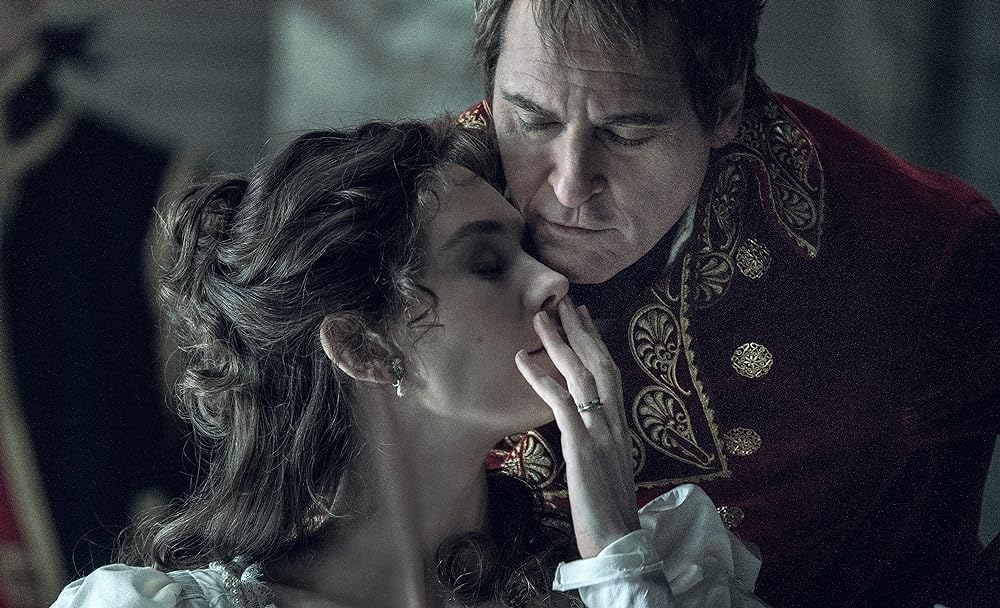
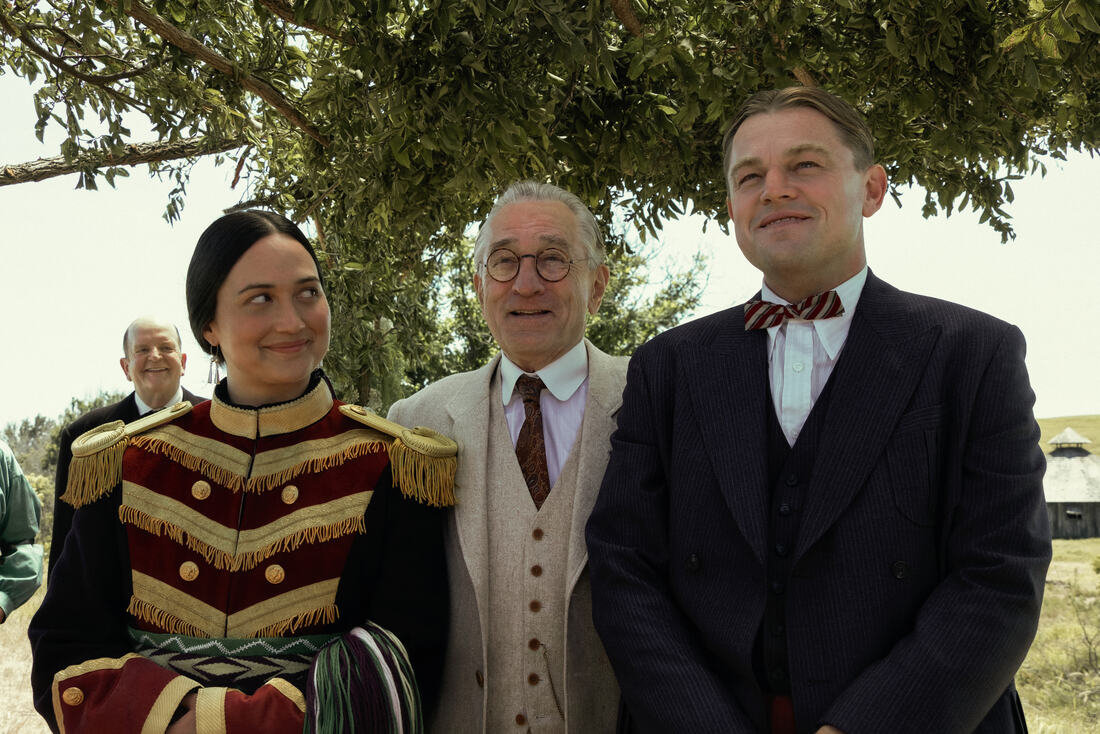


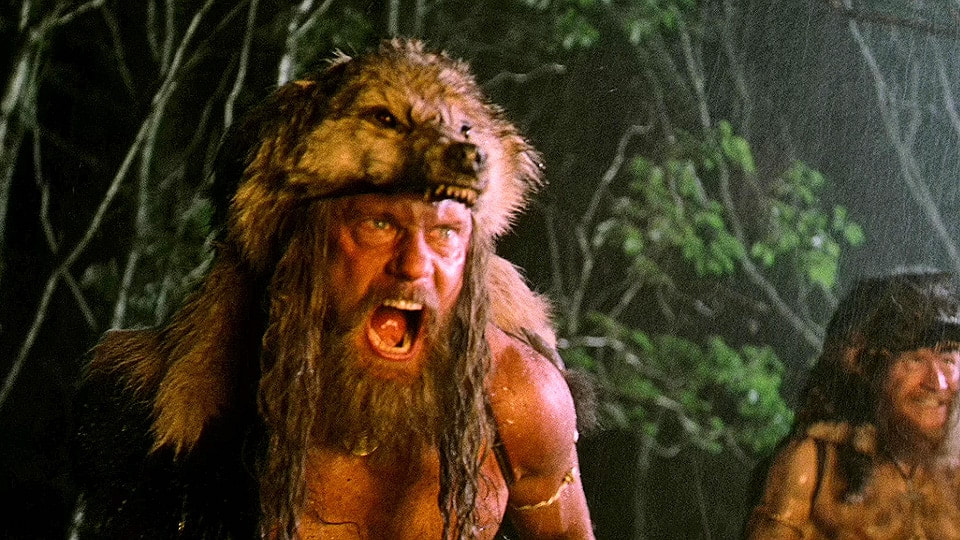

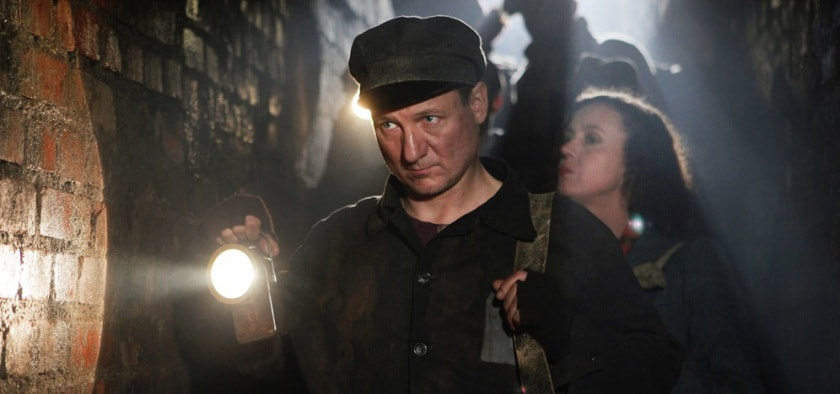
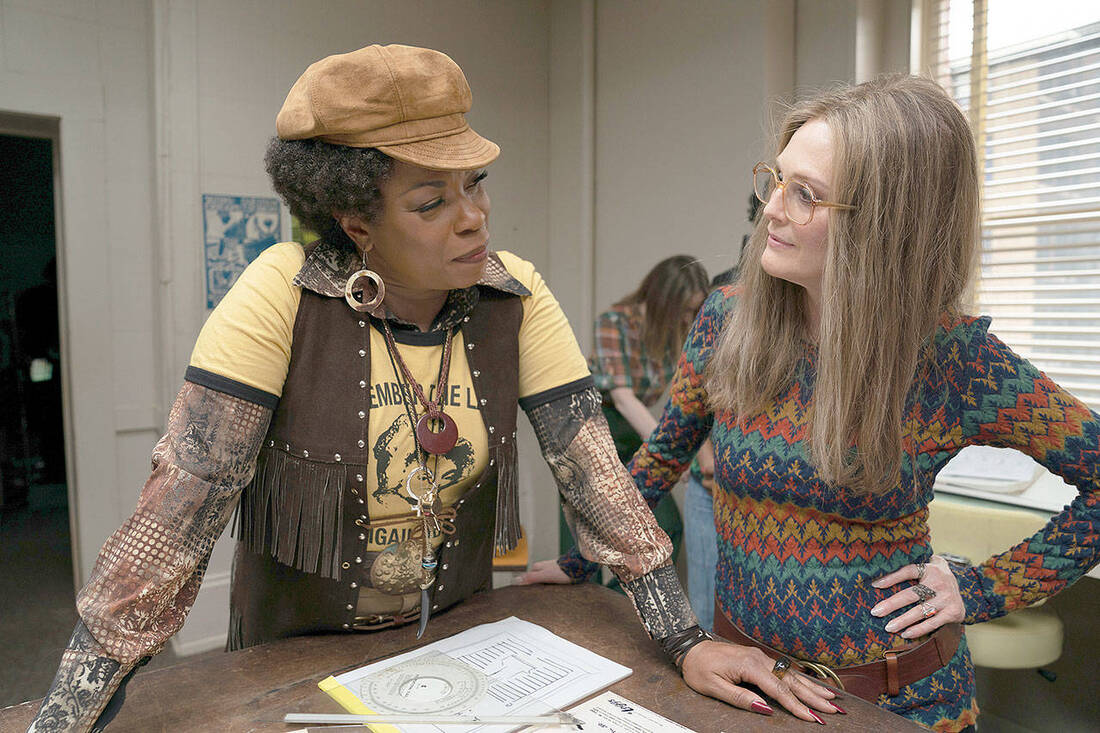
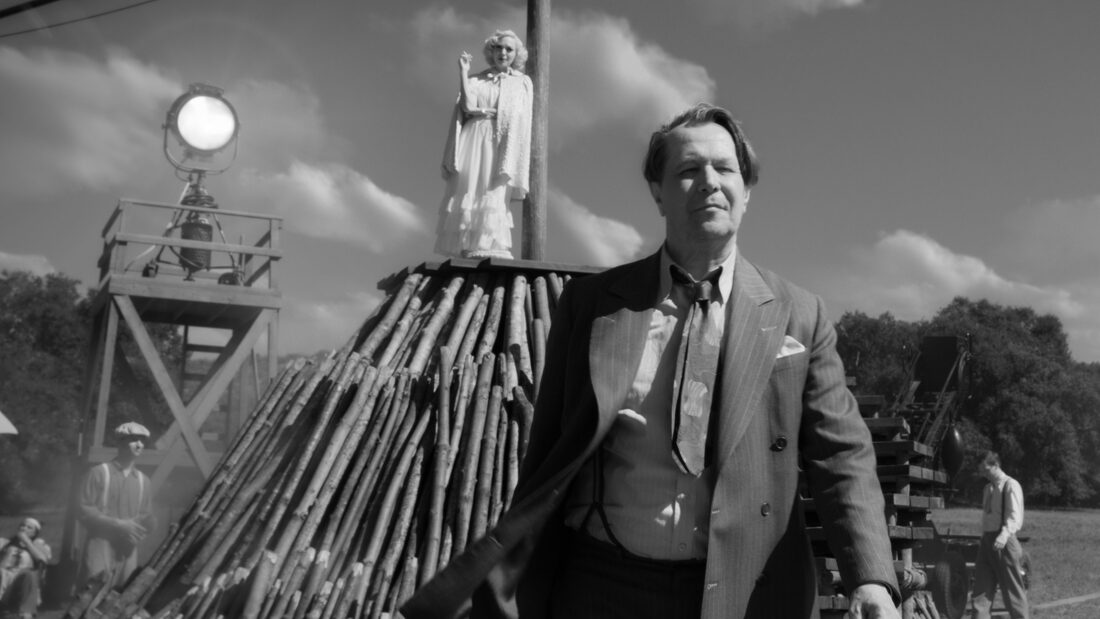
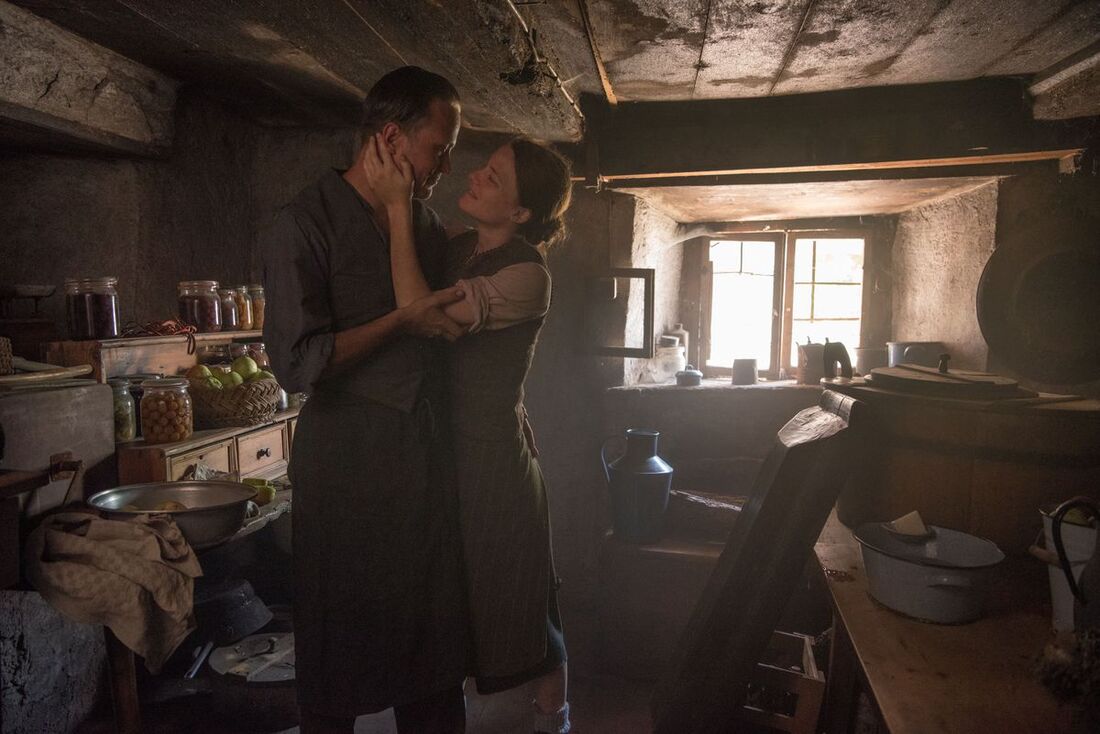
 RSS Feed
RSS Feed